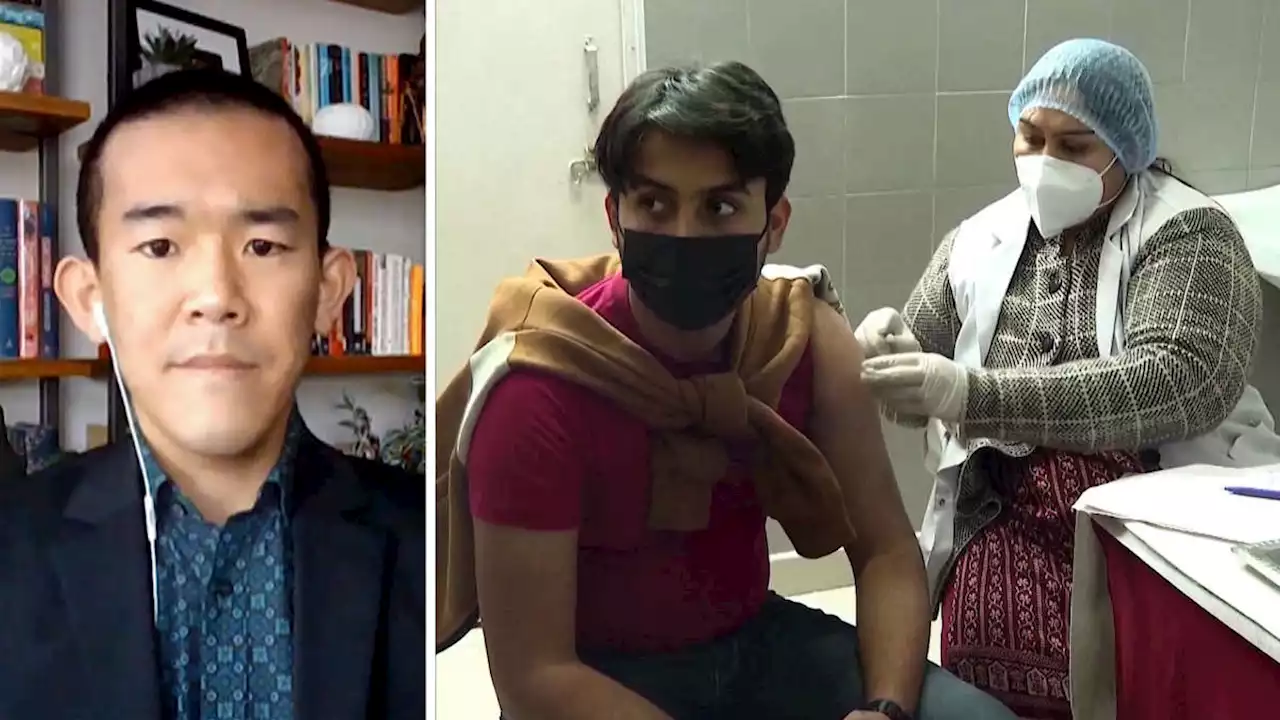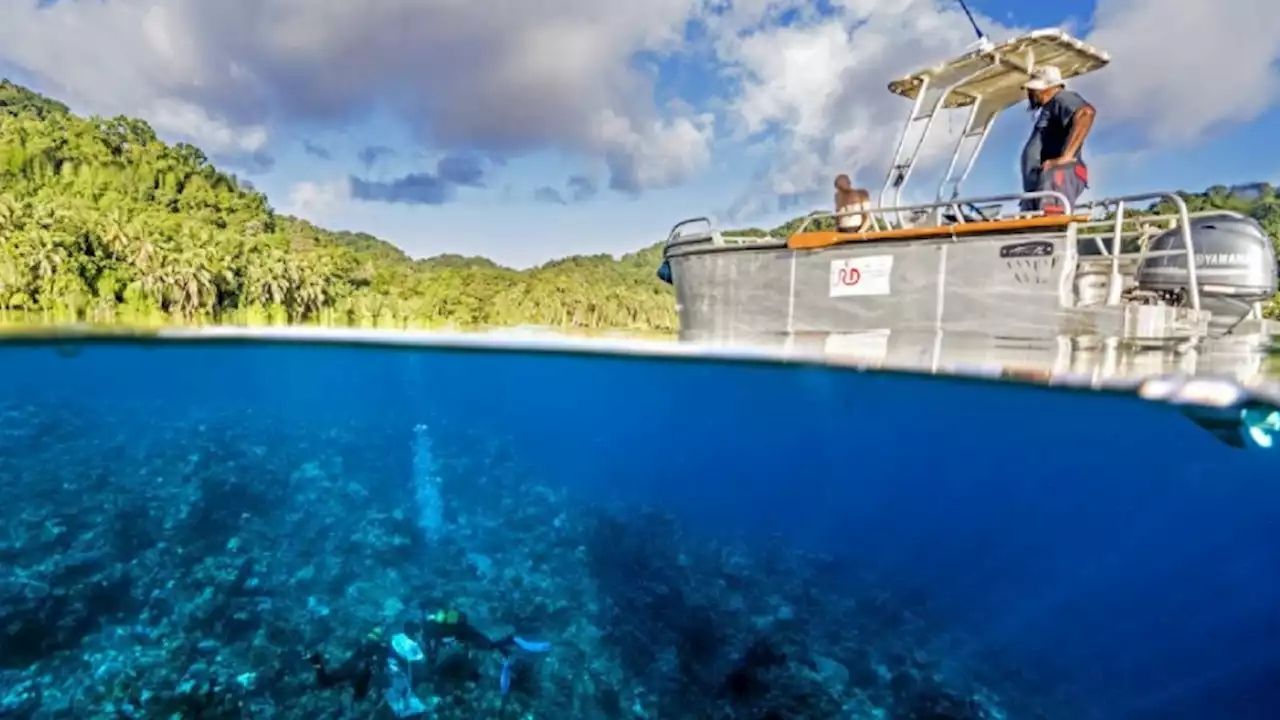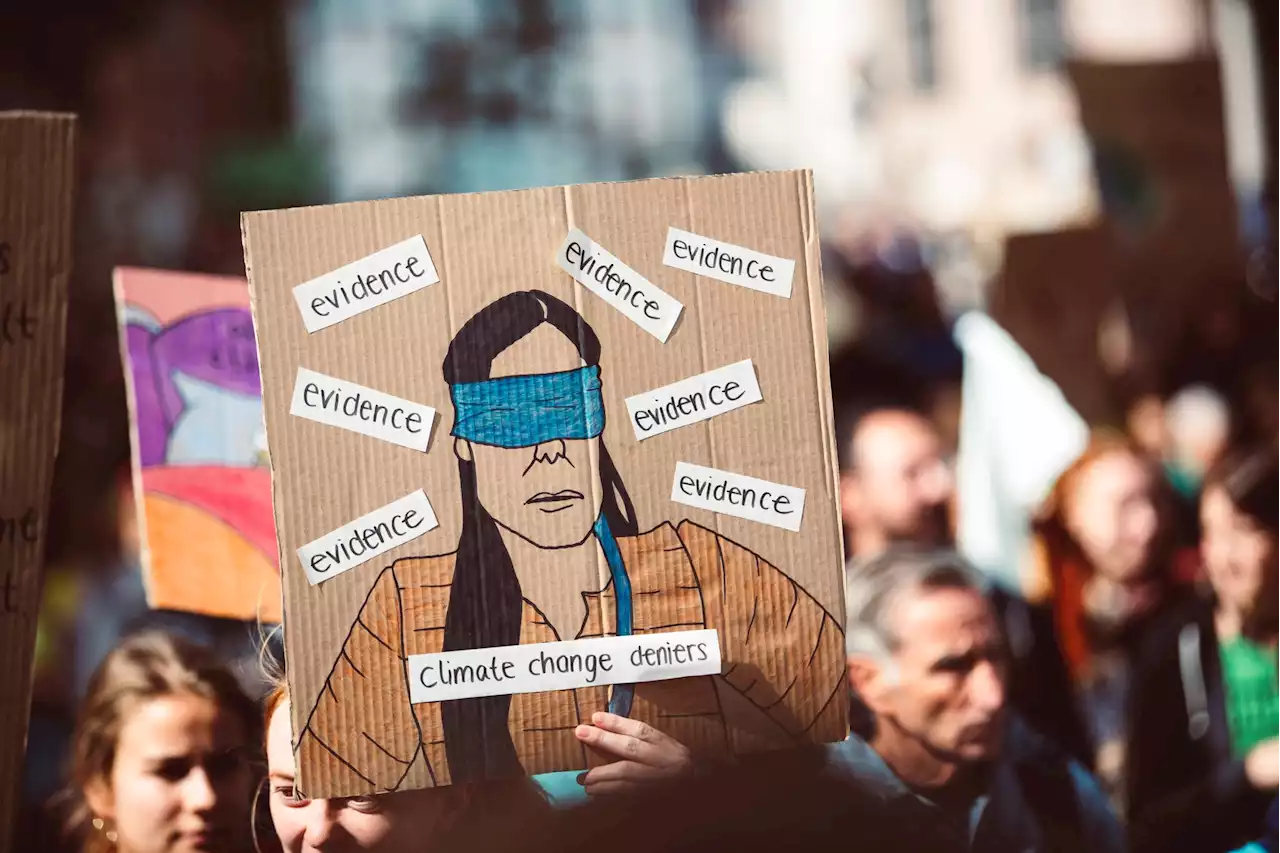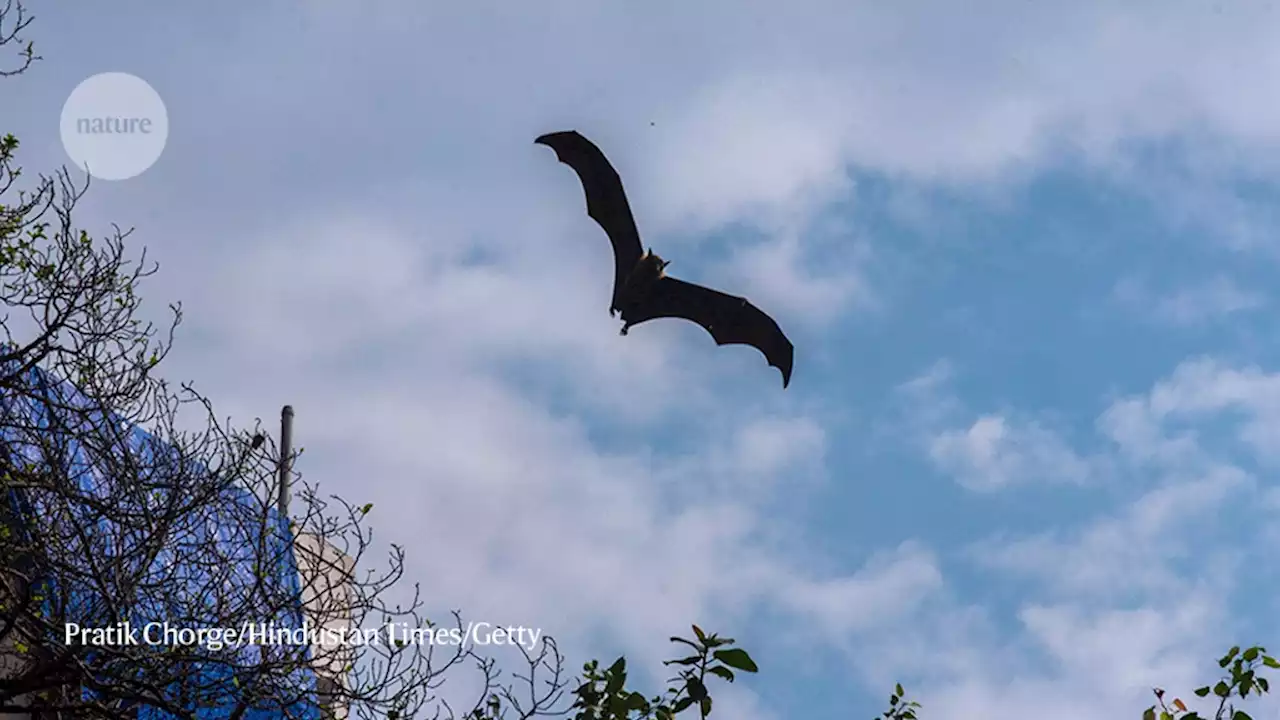Modelling study is first to project how global warming will increase virus swapping between species.
Bats will have a large contribution to virus transmission between species in the future, a modelling study finds.Over the next 50 years, climate change could drive more than 15,000 new cases of mammals transmitting viruses to other mammals, according to a study published in.
“This work provides us with more incontrovertible evidence that the coming decades will not only be hotter, but sicker,” says Gregory Albery, a disease ecologist at Georgetown University in Washington DC and a co-author of the study.To make their predictions, Albery and his colleagues developed and tested models, and ran simulations over a five-year period.
One assumption the researchers had to make was about how far and wide species would spread as the climate changes. But factors such as whether mammals can adapt to local conditions or physically cross barriers in landscapes are difficult to predict. But the researchers urge that there is no time to waste. Earth has already warmed by more than 1 °C above pre-industrial temperatures, and this is driving species migration and disease swapping. “It’s happening and it’s not preventable, even in the best climate-change scenarios,” Albery says.
United States Latest News, United States Headlines
Similar News:You can also read news stories similar to this one that we have collected from other news sources.
 More Viral Outbreaks Are Likely Coming Due to Climate Crisis, New Study SaysA new study shows the climate crisis is forcing many wild mammals to relocate to new habitats where they interact with new species, including humans, leading to more viruses spilling over from one species to another.
More Viral Outbreaks Are Likely Coming Due to Climate Crisis, New Study SaysA new study shows the climate crisis is forcing many wild mammals to relocate to new habitats where they interact with new species, including humans, leading to more viruses spilling over from one species to another.
Read more »
 Climate Change May Drive Spread of Viruses Among Mammals, Study SaysClimate change will force large numbers of wild animals to relocate in the next 50 years, dramatically increasing the chances that viruses will jump from one species of mammal to another, including humans, a new study says.
Climate Change May Drive Spread of Viruses Among Mammals, Study SaysClimate change will force large numbers of wild animals to relocate in the next 50 years, dramatically increasing the chances that viruses will jump from one species of mammal to another, including humans, a new study says.
Read more »
 Harrisburg gets sued over permitting for demonstrationsClimate change activists argue the city's rules amount to a 'prior restraint' on free speech rights.
Harrisburg gets sued over permitting for demonstrationsClimate change activists argue the city's rules amount to a 'prior restraint' on free speech rights.
Read more »
 Multinational ocean sanctuaries could help corals survive climate changeA new study led by researchers at Florida Tech recommends multinational networks of protected reefs as the best chance corals have to survive the ever devastating effects of climate change.
Multinational ocean sanctuaries could help corals survive climate changeA new study led by researchers at Florida Tech recommends multinational networks of protected reefs as the best chance corals have to survive the ever devastating effects of climate change.
Read more »
 4 new myths about climate change—and how to debunk themInstead of outright calling climate change a myth, some politicians and corporations are working to delay climate action, policy, and progress.
4 new myths about climate change—and how to debunk themInstead of outright calling climate change a myth, some politicians and corporations are working to delay climate action, policy, and progress.
Read more »
 New research recommends multinational ocean sanctuaries to help corals survive climate changeWith the growing severity of marine heatwaves, mass coral bleaching and mortality have become widespread. A new study led by researchers at Florida Tech recommends multinational networks of protected reefs as the best chance corals have to persist through climate change.
New research recommends multinational ocean sanctuaries to help corals survive climate changeWith the growing severity of marine heatwaves, mass coral bleaching and mortality have become widespread. A new study led by researchers at Florida Tech recommends multinational networks of protected reefs as the best chance corals have to persist through climate change.
Read more »
